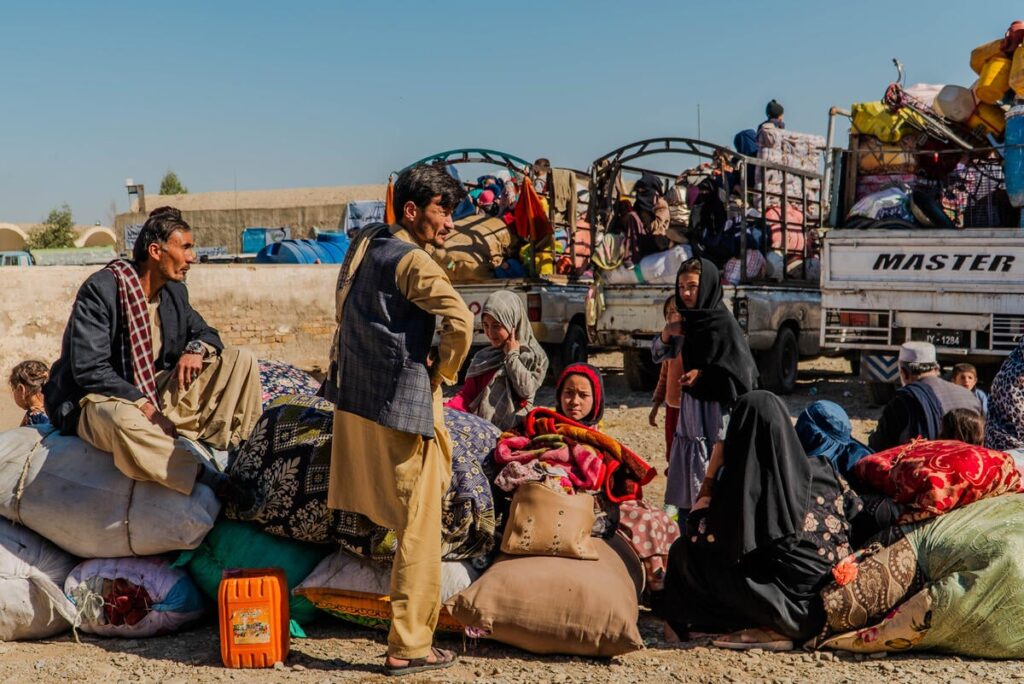Islamabad, April 01: The repatriation process for Afghan refugees residing illegally in Pakistan begins today following the expiration of the voluntary return deadline on March 31.
As part of its broader security efforts, the government had requested details of Afghan students in Khyber-Pakhtunkhwa by March 27 to update the Foreign National Security Cell’s dashboard, which monitors foreign nationals in the country.
The decision to expel illegal immigrants aligns with Pakistan’s response to rising terrorist attacks, which authorities attribute to groups operating from Afghan territory.
According to Radio Pakistan, 878,972 Afghan refugees have voluntarily returned to Afghanistan so far.
However, Amnesty International has criticized Pakistan’s repatriation plan, calling it “opaque” and warning that the March 31 deadline could further deteriorate conditions for refugees.
2.1 Mln Afghan Refugees in Pak
Pakistan currently hosts 2.1 million documented Afghan refugees, with many others residing in the country without legal documentation.
Among them, approximately 1.3 million have received Proof of Registration (PoR) cards, with a significant number living in Khyber-Pakhtunkhwa (K-P).
This repatriation initiative impacts many Afghans who have spent decades in Pakistan, including those born in the country who have never lived in Afghanistan.
Also Read: US Ambassador Meets Muqam to Discuss Afghan Refugees’ Concerns
Peshawar, home to the largest Afghan refugee population, has many Afghan-run businesses and workers contributing to the local economy.
A similar repatriation process took place in 2023 when a deadline for unregistered foreigners led to the return of many Afghan nationals. Voluntary return camps have once again been set up to facilitate those leaving.
Earlier this month, the Taliban urged Pakistan and Iran to implement a structured and gradual repatriation process, stressing the need to avoid forced deportations and acknowledging the difficulties returnees face in Afghanistan.
